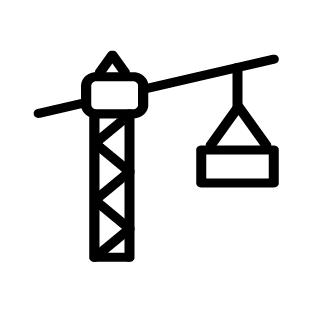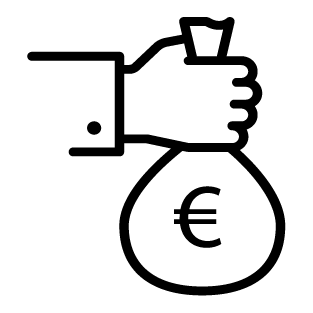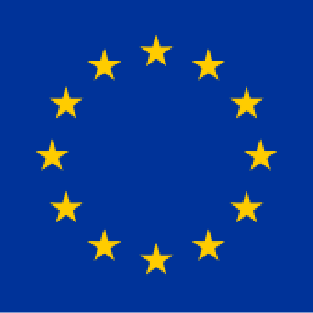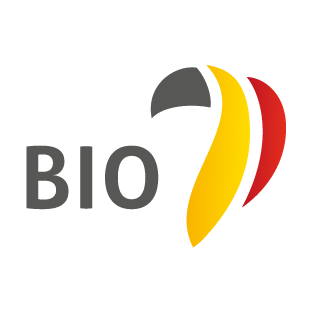
Enterprise
The enterprises department achieved its objective of investing at least EUR 30 million, with 4 projects worth EUR 13 million in regular projects, and 3 projects in riskier but more impactful ones.
Small and medium-sized enterprises are a significant source of job creation, but are navigating an increasingly complex and competitive global landscape. Global competition puts pressure on their operations, demanding innovation and efficiency. Disorganised value chains create logistical hurdles that hinder growth. Limited access to financing for working capital restricts the ability to scale up. Traceability remains a challenge in agricultural sectors, making it difficult to meet international standards. Strict quality requirements in the agro-industry pose specific difficulties for producers trying to access global markets. Climate change further disrupts agricultural production, jeopardising food security and livelihoods.
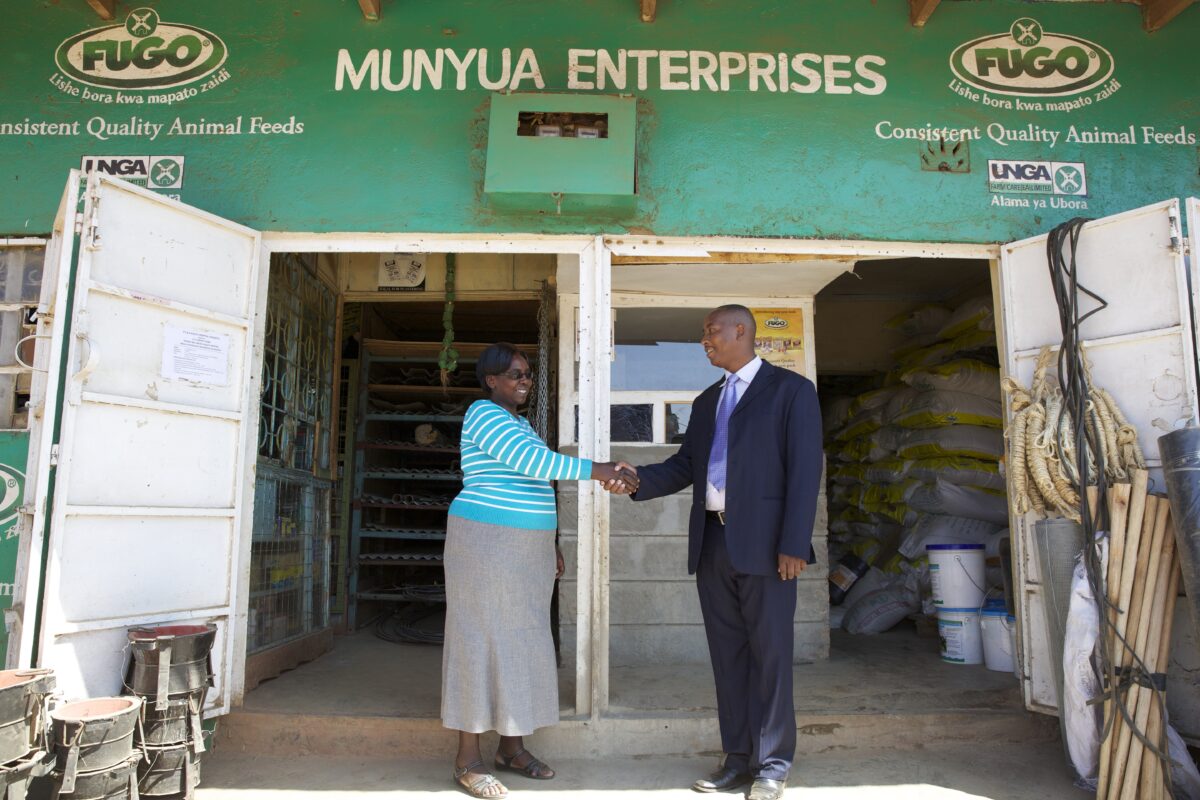
However, there are reasons for optimism. A growing middle class with evolving consumption patterns creates new local markets for SMEs to cater to. The potential for increased local processing of agricultural products adds value, creates jobs, and reduces reliance on international markets. Development of direct logistic routes can improve efficiency and reduce costs for SMEs. Finally, there's a growing need for the services SMEs can offer in the medical sector and basic infrastructure development.
The SME department plays a vital role in empowering these businesses. By offering financial instruments tailored to their needs, such as working capital and equity solutions, the department bridges the financing gap and fosters growth. Partnering with local institutions addresses traceability and quality challenges in agricultural products. Advocating for policies that support local processing of agricultural products creates jobs and adds value within local economies. Additionally, developing programs to help SMEs navigate international trade and logistics enhance their competitiveness in the global marketplace. Finally, partnering with NGOs to support climate-resilient agricultural practices equips farmers to adapt to a changing climate and ensures long-term sustainability.
2023 investments in enterprises

BIO has granted EUR 43,924 of technical assistance to Agroserv Industrie, which processes and markets maize products in Burkina Faso.

BIO has granted a USD 3 M loan to Aldea Global, a Nicaraguan coffee producers' association.

BIO has granted EUR 10.5 K of technical assistance to EA Foods, a Tanzanian food aggregator and distribution company.

BIO has granted a EUR 3 M loan to Gebana Burkina Faso, a company that processes and exports fairtrade and organic fruit and nuts.

BIO has granted a USD 15 M loan to Inka's Berries, a Peruvian company dedicated to the production and commercialisation of blueberries seedlings and of fresh blueberries for export.

BIO has granted EUR 38,513 of technical assistance to La Compagnie Cacaoyère du Bandama, a cocoa processing unit located in Ivory Coast.
BIO has granted a EUR 3 M loan to Poa Internet, a low-cost internet service provider in Kenya.
BIO has granted EUR 12.5 K of technical assistance to Poa! internet, a low-cost internet service provider in Kenya

BIO has granted EUR 7,701 of technical assistance to XpressGas, an LPG company in Ghana, to conduct a HAZOP study.



